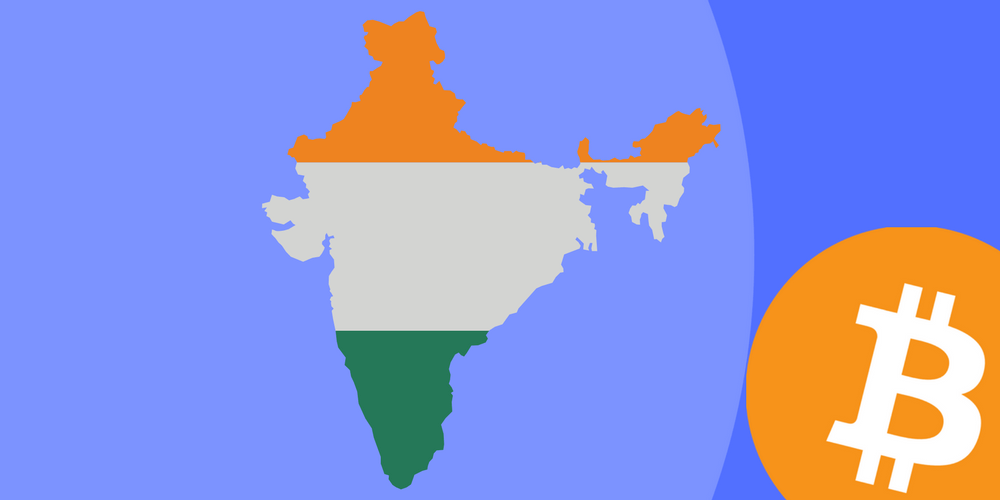
India’s central bank has said to a parliamentary committee that digital currencies are ‘susceptible to misuse or abuse.’
In March, India’s finance ministry set up an interdisciplinary committee tasked with looking into cryptocurrencies such as bitcoin after they had become ‘a cause for concern.’
Tasks included determining the status of digital currencies in India and globally; examining global regulatory and legal structures; suggesting measures for dealing with digital currencies that focus on issues such as consumer protection and money laundering and examining any other matter related to digital currencies that may be relevant.
In August, the panel submitted its findings to Arun Jaitley, India’s finance minister. At present, though, little is known regarding the report’s findings.
Yet, despite calls to ban bitcoin in the country – particularly from political leaders – a governmental official knowledgeable of the committee’s development said that digital currencies are ‘unlikely to be declared illegal in India.’ However, regulation surrounding them remains unclear. Discussions are underway suggesting that bitcoin could be regulated by the Reserve Bank of India (RBI) or the Securities Exchanges Board of India (SEBI).
Now, though, the RBI has spoken to the committee claiming that cryptocurrencies have the potential of being misused by terrorists and fraudsters. The Times of India reports that the central bank believes that digital currencies could be used for money laundering or for transactions on the darknet.
The RBI said:
“It is true that while virtual currencies may have legitimate uses, some of their characteristics like anonymity make them susceptible to misuse or abuse.”
This isn’t the first time that India’s central bank has spoken out against the crypto market. In fact, it has continually distanced itself away from it. In 2013, the bank issued a public warning about the risks associated with digital currencies. It echoed these thoughts again in February 2017 when bitcoin started gaining prominence in India. It added:
“The Reserve Bank of India advises that it has not given any license/authorisation to any entity/company to operate such schemes or bitcoin or any virtual currency. As such, any user, holder, investor, trader, etc., dealing with virtual currencies will be doing so at their own risk.”
Despite the RBI’s warning about cryptocurrencies, bitcoin is gaining value in the country. So much so, that Jaitley admitted last month that there has been ‘notable growth’ in the bitcoin market in India. This has been fuelled by the fact that the government is empowering a digital society as it works toward a cashless society. Jaitley also noted in his February budget speech that he wants the nation to reach 2,500 crore digital transactions (25 billion) for 2017-18. In 2015-2016, that figure was four billion.
The growth of the cryptocurrency market in India can also be seen by the opening of Ripple’s new office in India’s business capital, Mumbai. It’s expected that the fintech payments company will tap into the country’s remittance market. According to Navin Gupta, who has been appointed as country manager at Ripple India, India is the largest receiver of remittance payments worldwide, totalling close to $71 billion.

